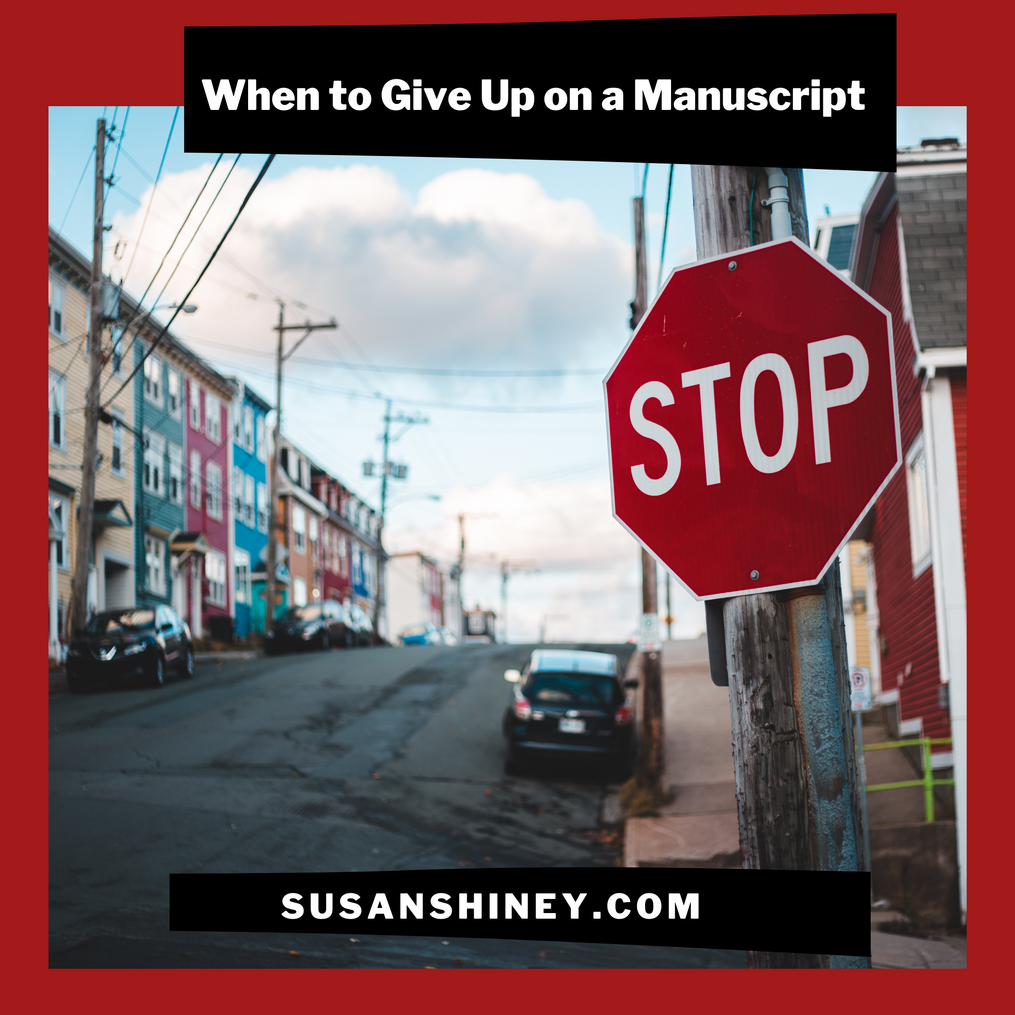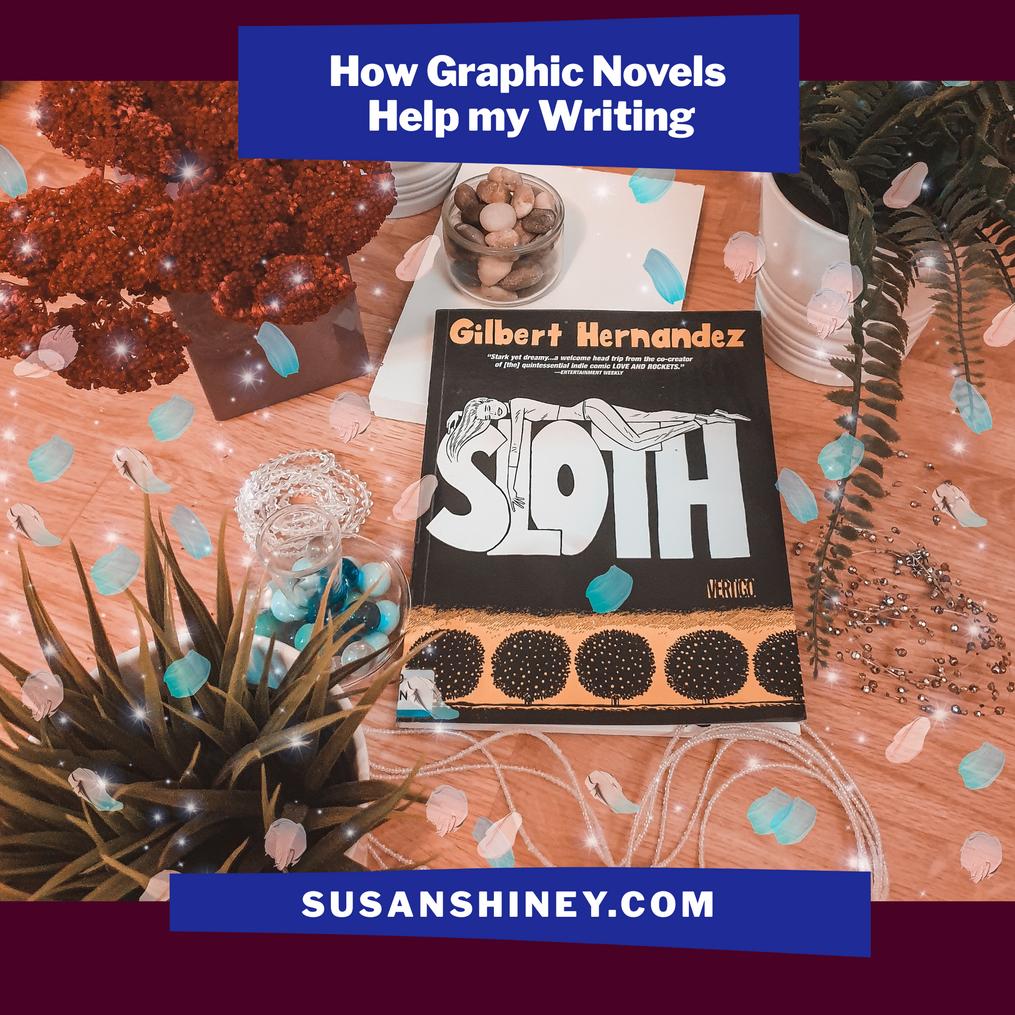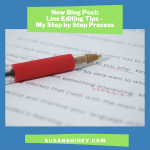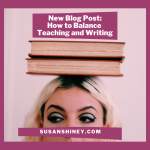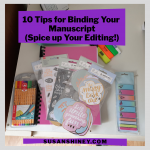Susan's Categories I love to share!
5 Ways to Write a Marketable Book
I wanted to write about what makes a book marketable this week as a direct result of realizing recently that I had written an unmarketable book and am going into action to make sure the same thing doesn't happen with my next writing project.
In last week's blog post I wrote about When to Give Up on a Manuscript and how I knew it was time to start again from scratch. This time I have been reflecting on all the small missteps I made along the way in understanding the whole traditional publishing game.
My aha moment came when I started working on my query letter and synopsis for my former novel when I was trying to find a mentor through Author Mentor Match. I still say that application process taught me so much and I loved doing a mini-query experience as I was at the finishing stages of my novel. I wrote 10 Reasons to Apply to Author Mentor Match in case you are interested in trying the experience out.
When to Give Up on a Manuscript
I wanted to write this blog about when to give up on a manuscript after making the difficult decision myself last month. I was working hard on applying to Author Mentor Match (AMM), which was an amazing experience that I got a lot out of, even though I ultimately decided not to apply.
Here is my blog post on the 10 Reasons to Apply to Author Mentor Match. It is a mini-querying experience where you are inundated with market information and critique partners to give each other feedback and help each other out with their applications. I was planning on being about six months away from totally finishing my book after years of working on it and ready to query it to literary agents.
How Graphic Novels Help my Writing
I have been on a big graphic novel kick lately. I think it is in part because I have been making more use of my public library in France, and graphic novels and comic books are popular here. If you are interested in reading more about the French and their reading habits, you can check out this article, In France, Comic Books are Serious Business.
Line Editing Tips: My Step-by-Step Process
Developmental Editing versus Line-Editing
I think of developmental editing as working on the macro structure of your novel and making sure the spine or the character arcs and obligatory genre scenes are fleshed out. I also worked on the structure of my scenes during the developmental edit and will continue to hone my scene structures during the line editing phase. After I finish with my initial developmental editing pass with my manuscript I send it to critique partners for feedback and ask them just to focus on the developmental issues. I discuss how to incorporate their feedback in 15 Tips for Organizing and Implementing Feedback for Revisions. Micro changes at the paragraph and sentence level are line-editing as in going line by line through your manuscript to revise them.
How to Balance Teaching and Writing
I am sure it is hard to balance full-time work and writing with any profession, but teaching can especially zap your energy if you are not implementing tools to cope. I started off by reading Kristy Acevedo's blog post 12 Tips to Help Balance Teaching and Writing Life (Kind of), which is a great resource. I also liked Jennifer De Leon's article Patience and Courage: Finding the Balance Between Teaching and Writing.
15 Tips for Organizing and Implementing Feedback for Revisions
Critique partner and beta reader feedback is a very important part of the writing process. However, it can be overwhelming.
The first step is getting over the fact that deep down you expect them to say it was a masterpiece and even though they tried so hard, they could not find a single thing they would change. You have to look at it with a deep seated desire to improve your writing piece and not get pats on the back.
For advice on how to start a critique circle you can read N.M. Browne's article. I also have a blog post about studying craft books with your critique partners.
10 Tips for Binding Your Manuscript
There is so much support about how to outline and write out the first draft of a novel, but what about the several drafts it takes after that to get to the finish line? I have been struggling with getting through the line edits of my novel and am always trying to find ways to bring a sense of play to my process. I remembered seeing a friend with a binded manuscript that she had printed out and I had a sense of joy instead of the usual dread, so I knew I needed to explore it more.
7 Reasons to have a Book Club with your Critique Partners
Most writers know it is helpful to have a writing group with critique partners to get feedback. They also might know book clubs are a great way to talk about books with fellow bibliophiles. But, what about a book club with your critique partners? If you are just starting out with a new writing group and are thinking about how to set it up, you may find this helpful as well.
First of all, you might be wondering:
50 Ways to Make Writing More Playful
I love writing, but it is very easy for me to turn it into something stressful. I think I do that because I care about it and want to improve. However, it is a very slippery slope turning something that can have a sense of joy into a job. I already have a job, I don't need to turn my life into having two full-time jobs. Writing is a joy that will hopefully turn into something I make a living off of, but never a job.
As I stress over some element of writing or writing around the writing like analysing a book for a writing group or book club, finishing a blog post or newsletter, my husband will say to me, "What are you doing, this is suppose to be fun, remember?" Oh yeah!

